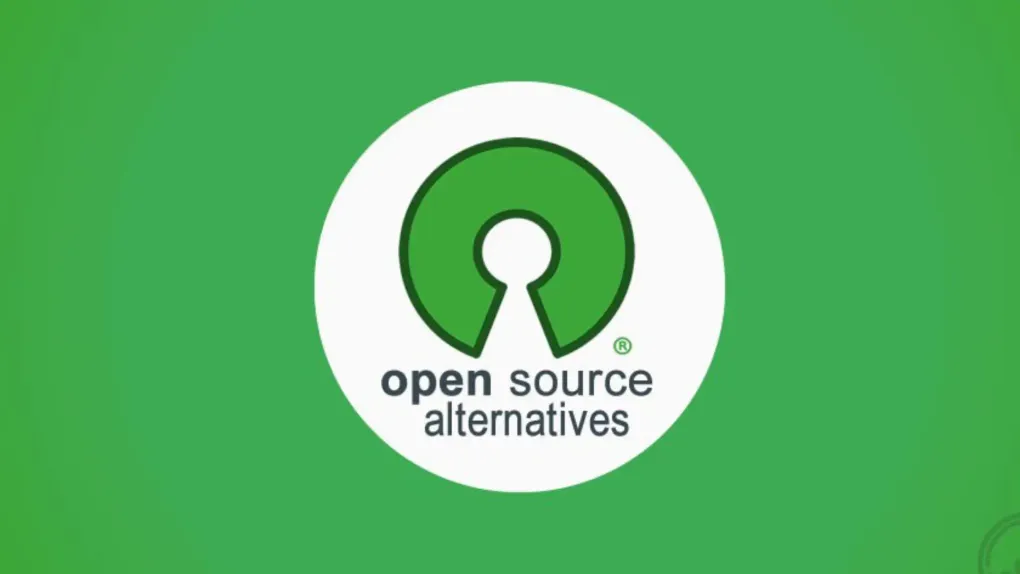
How Open Source Will Save You (and Your Freedom)
How Open Source Will Save You (and Your Freedom)
In the digital age, so much of what we do depends on software. Browsing, communicating, working, creating — it all runs on code. But most of that code is proprietary, hidden, locked away. Open source flips that model on its head. It brings transparency, control, community, and freedom. Here’s how it can truly save you — and protect your autonomy.
What Is Open Source / Free Software
To understand its full value, it helps to clarify what “open source” means — especially when compared to software that’s just “free as in no cost.”
- Free / Open Source Software (FOSS) refers to software that grants you key freedoms: to run it for any purpose; to study how it works; to modify it; and to distribute copies, modified or unmodified.
- The “free” here refers largely to freedom, not just “free beer.” Sometimes you pay for support or other services, but you keep the rights to see, change, share the software.
Why Open Source Matters: Freedom, Control, and Trust
Transparency & Auditing
With open source, anyone (you or the community) can inspect the code. That means no hidden backdoors, less chance of shady data collection, more accountability for what the software does behind the scenes.
Privacy & Data Ownership
You get options. Open source often lets you choose how your data is stored, shared, encrypted. You can avoid software that silently harvests or locks your data.
No Vendor Lock-in
Closed source software tends to trap you in formats, subscription models, or services. If a company changes its terms, discontinues support, or goes bankrupt, you’re stuck. With open source, you (or someone else) can adapt, fork, or continue the project. The power is more distributed.
Cost Savings and Accessibility
Licensing fees? Often lower or non-existent. High quality tools are available without paying the premium that closed proprietary software demands. This especially matters for individuals, students, nonprofits, small businesses, or anyone on a budget.
Learning, Empowerment, Community
Open source invites you to peek under the hood. You can see how your tools work, modify them or even contribute. That builds skill, confidence, awareness. You become more than a passive user.
Potential Weaknesses & What to Watch Out For
- Licenses matter: Not all open source licenses are equal. Some allow more freedoms than others. Always check the license before trusting software fully.
- Maintenance and support vary: Just because a project is open source doesn’t guarantee it’s well-maintained.
- Security requires vigilance: Vulnerabilities can exist; you need to update and monitor. But since the code is open, fixes can come faster.
- Usability & polish: Some open source tools are less polished or easy to use for non-technical users, though many are excellent and improving all the time.
How Open Source Saves You in Your Daily Life
What does this freedom translate into for you?
- You have choice — you’re not forced into vendor decisions about data collection, forced upgrades, or forced subscriptions.
- You remain in control of your data and your workflow.
- You can customize your tools, adapt them to your needs, even modify them.
- You build knowledge — understanding how software works means you’re less likely to be surprised, less likely to be helpless when something breaks.
- You can contribute, support others, and benefit from a global community.
Conclusion: Freedom Is Not a Luxury
Open source isn’t just a technical model — it’s a philosophy of freedom, transparency, collaboration, and empowerment. In a world of lock-in, surveillance, forced upgrade cycles, and creeping control, open source is one of the strongest guards of your autonomy.
If you care about privacy, fairness, learning, choice — open source not only helps; in many cases, it might be essential.